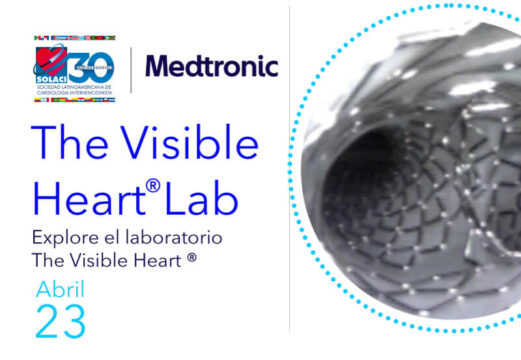The use of morphine in patients undergoing ST elevation acute coronary syndromes is associated to higher platelet reactivity and lower thrombolysiscapacity, according to this small study. The negative effects seem to resolve 2 days after administration.
This transient effect is believed to be the result of the inhibition of the normal muscular activity of the stomach caused by morphine, which in turn delays antiplatelet medication absorption.
Morphine is recommended by the guidelines as the preferred drug to alleviate pain in patients undergoing ST elevation AMI, but there is enough evidence to support the fact that it may alter medication administered orally, particularly antiplatelets.
The study included 125 consecutive patients presenting with acute myocardial infarction; 101 received morphine in the ambulance and 24 did not. They were all loaded with 300 mg of aspirin and 600 mg clopidogrel or 180 mg ticagrelor before primary PCI.
Blood was extracted at admission and at 2 days, when it was observed patients receiving morphine had significantly higher platelet reactivity and also longer lysis time.
Despite this, there were no differences in clinical events,but the study did not have statistical power to show this.



